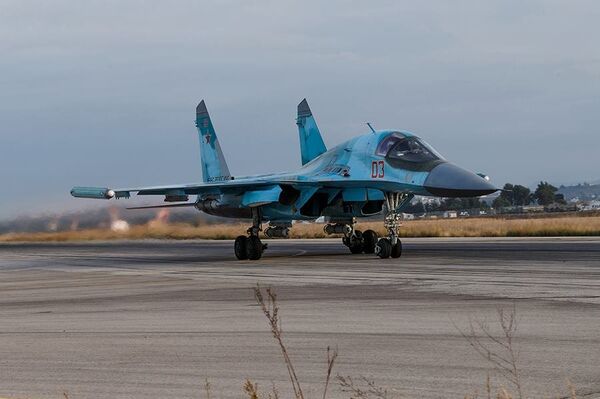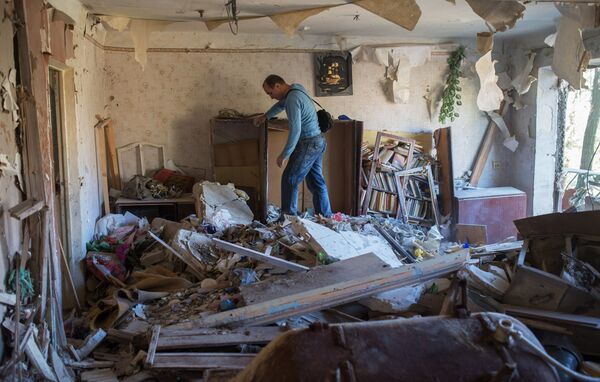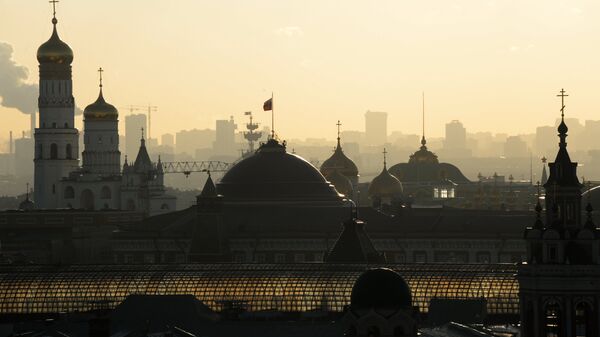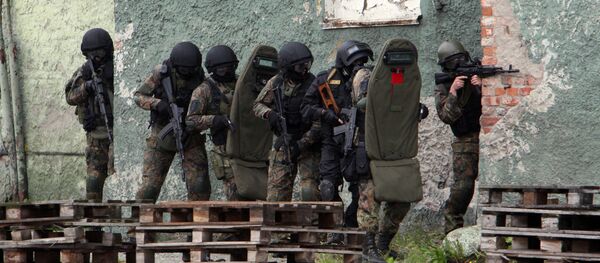The US-sponsored coup in Ukraine and instability in the Middle East created, according to Andrey Bezrukov, Mikhail Mamonov, Sergey Markedonov and Andrey Sushentsov, "low-pressure zones," drawing neighboring countries, including Russia, into the "regional storm." Moscow "could have lowered its sails and followed the wind, but it preferred to keep to its course even if it meant sailing against the wind," the experts asserted.
Russia, according to the experts, will improve its standing in the Middle East as a country capable of conducting limited yet efficient military campaigns. "The Syrian operation displays the efficiency, accuracy and reliability of Russian arms capabilities, satellite communications and the GLONASS navigation system," they noted.

In Syria, "Russia only needs to disorganize – not entirely destroy – the terrorist infrastructure" in order to achieve its objectives. Moscow's counterterrorism efforts in the war-torn country will also be focused on fostering dialogue between Damascus and those Sunni leaders, who are willing to fight against Daesh.
However, even if the Syrian conflict is resolved, international terrorism will remain one of the key threats for years to come. Seasoned fighters will likely move from Syria to Iraq, Libya, Mali, Afghanistan, Somalia, etc.

The analysts maintain that the Ukrainian crisis is likely to remain unresolved in 2016.
"A fast settlement to the Ukraine crisis is highly unlikely, but so is war," they observed, adding that this year we will see more of what the Ukrainian leadership was doing last year. "Kiev will continue pressuring Donbass by means of bombardment and siege, avoiding meaningful negotiations on a settlement. The most patient actors will prevail."
The analysts are pessimistic when it comes to Moscow's relations with the West. They believe that the anti-Russian sanctions will not be lifted in the near future and it might take as long as a decade for relations to improve.
In the meantime, Russia "should be prudent, preserve its power and avoid getting dragged into full-scale wars." Moscow should also continue "patiently" fostering its relations with Western Europe, since the latter is gradually realizing "the importance of maintaining political dialogue and economic ties" with the former.
In addition, Russia, according to the experts, should make every effort to promote cooperation with China, India, Iran, it partners in the Shanghai Cooperation Organization and ASEAN countries to "help create a system of collective security, build a pan-Asian transport and energy infrastructure and ensure the formation of the rapidly growing $4 billion Eurasian market."


